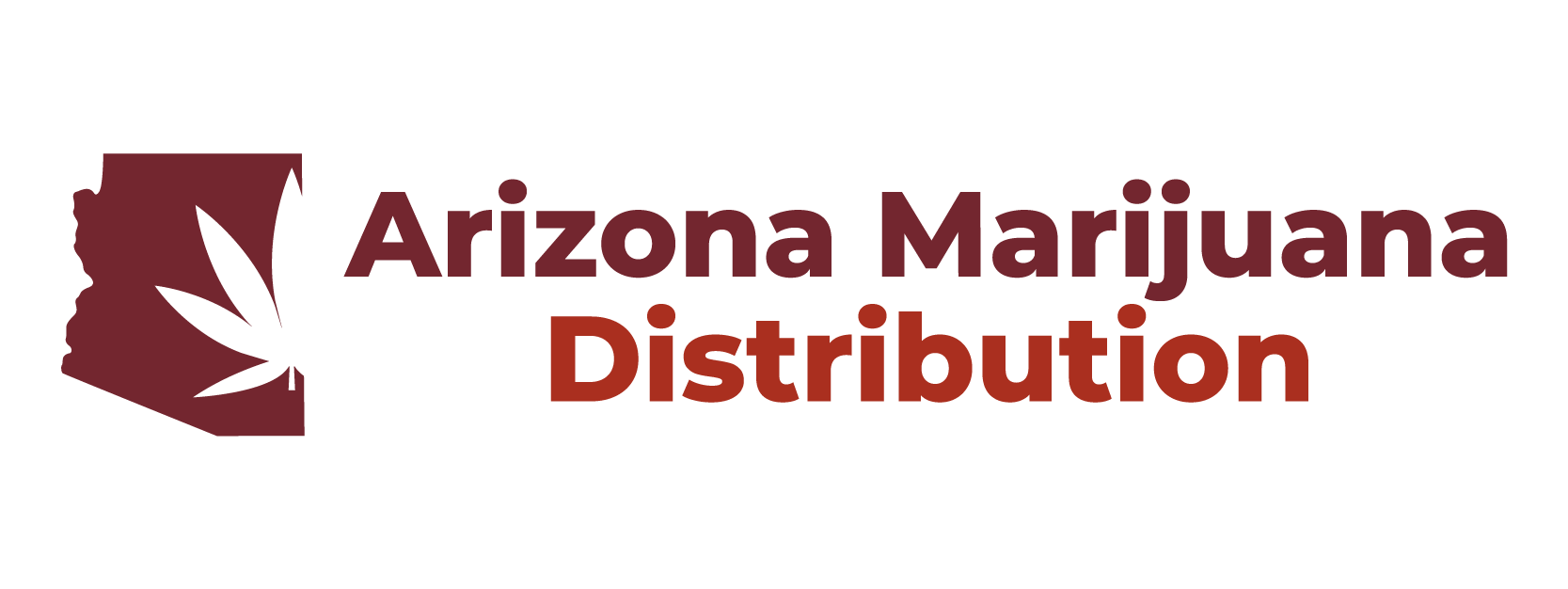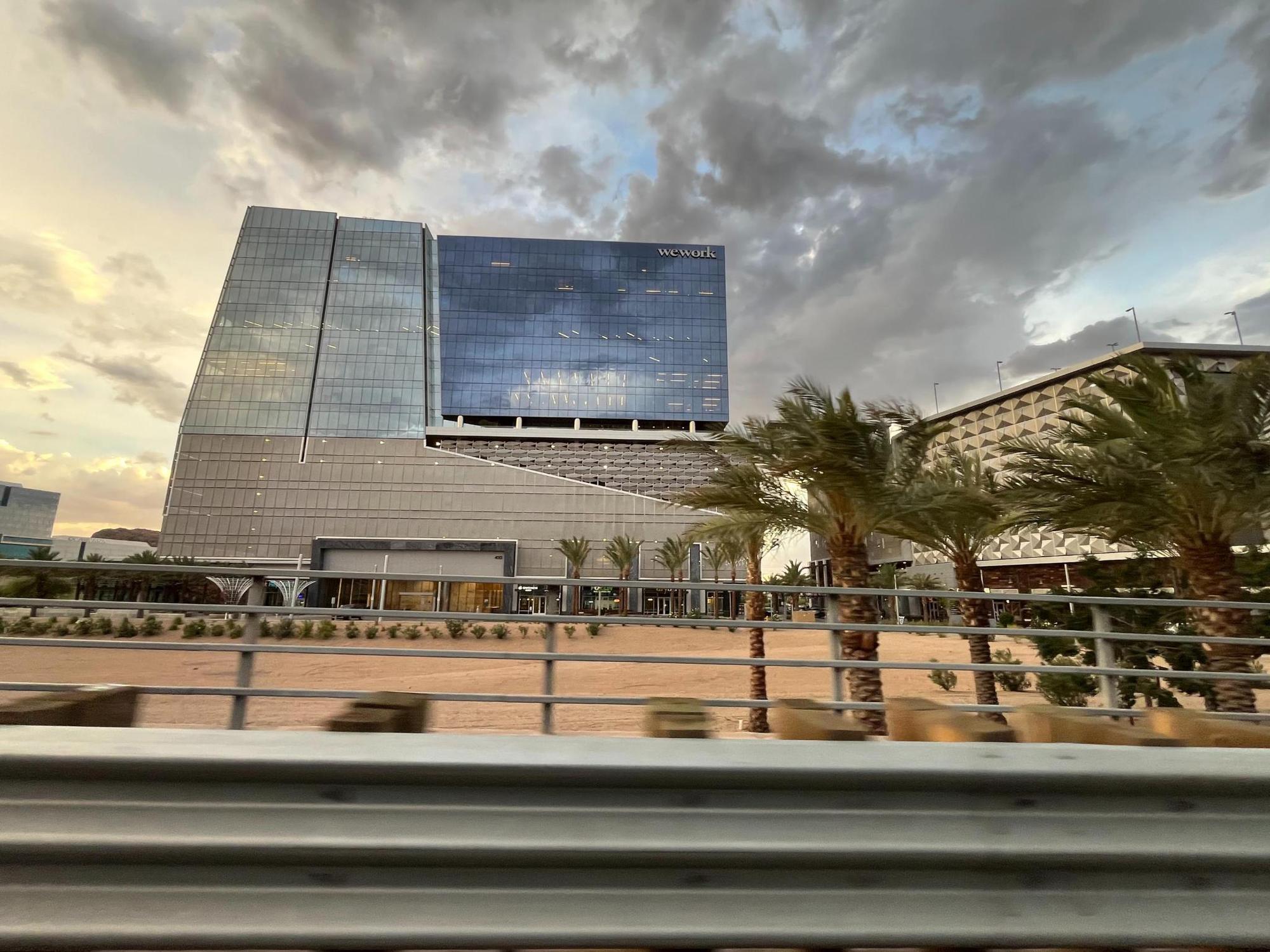Arizona’s cannabis industry continues to thrive in 2025, driven by both recreational and medical demand. But while consumers enjoy a growing variety of products at sleek dispensary counters, many are unaware of the highly regulated and intricate supply chain that makes it all possible. From seed to sale, Arizona dispensaries rely on a combination of in-house operations and third-party partnerships to source and distribute cannabis legally, safely, and efficiently.
Seed to Cultivation: Where It All Begins
Most Arizona dispensaries either operate under vertically integrated licenses or have direct relationships with cultivators. Under state law, cannabis must be grown in licensed facilities that meet Arizona Department of Health Services (ADHS) requirements for cleanliness, security, and environmental control.
Dispensaries that grow their own cannabis often tout it as “farm-to-flame” or “house-grown,” providing tighter control over genetics, pesticide use, and harvest timing. Cultivation facilities—often located in more rural or industrial zones like Eloy, Casa Grande, or the outskirts of Phoenix—produce strains designed for specific effects, terpene profiles, and THC/CBD ratios. These facilities operate with the latest in hydroponics, LED lighting systems, and climate automation to maximize yields and consistency.
Lab Testing and Quality Control
Before any cannabis can be sold, it must be tested by a state-certified third-party laboratory. These labs check for potency, mold, heavy metals, solvents, and other contaminants. Each product—whether it’s flower, concentrate, edible, or tincture—must pass stringent guidelines before it’s cleared for market.
Dispensaries rely on these lab reports not just for compliance, but also for marketing and consumer trust. Strain profiles and test results are commonly displayed on packaging or digital menus, especially for high-end or medicinal-grade products.
Packaging and Processing
Once tested, cannabis products are transported to processing facilities, where flower may be packaged, turned into pre-rolls, or extracted for use in concentrates and edibles. Arizona dispensaries typically work with licensed processors or operate their own in-house processing departments. This step is crucial in branding, as packaging must meet ADHS requirements—including child resistance and clear THC warnings—while still standing out on shelves.
Processors also work with third-party brands, some of which are nationally recognized, to produce vape cartridges, gummies, or topicals distributed across multiple dispensaries.
Transportation and Distribution
Because cannabis is still federally illegal, transporting it across state lines is prohibited. This makes intrastate distribution critical. Licensed cannabis transportation companies in Arizona handle logistics between cultivators, processors, and dispensaries. Vehicles must follow strict protocols: locked compartments, GPS tracking, security cameras, and driver background checks are all standard.
Some dispensaries streamline this process by keeping everything under one license umbrella, ensuring faster restocking and fewer third-party delays. Others build strong relationships with top-tier brands like Aeriz, Copperstate Farms, or Item 9 Labs to maintain a consistent supply.
Read a review on Aeriz here.
From Back Room to Display Shelf
Once delivered to a dispensary, cannabis products go through final inventory checks and are stored in secure rooms before being added to the digital point-of-sale system. Retail staff must follow meticulous inventory protocols, ensuring full traceability from cultivation lot to consumer purchase.
Ultimately, what looks like a simple transaction at the counter is backed by a highly complex, vertically regulated ecosystem designed to prioritize safety, compliance, and product quality—ensuring Arizona’s cannabis consumers get only the best.

